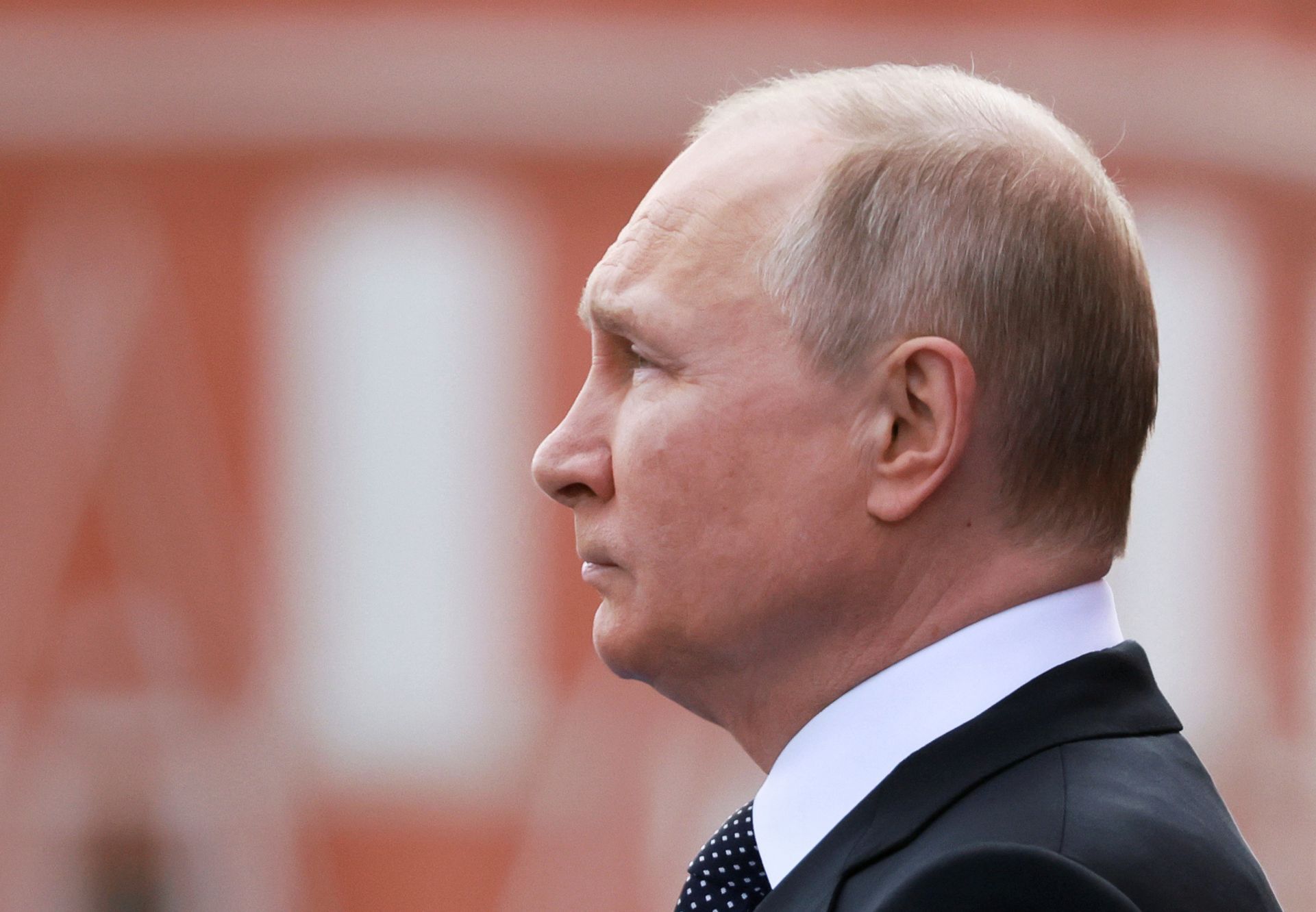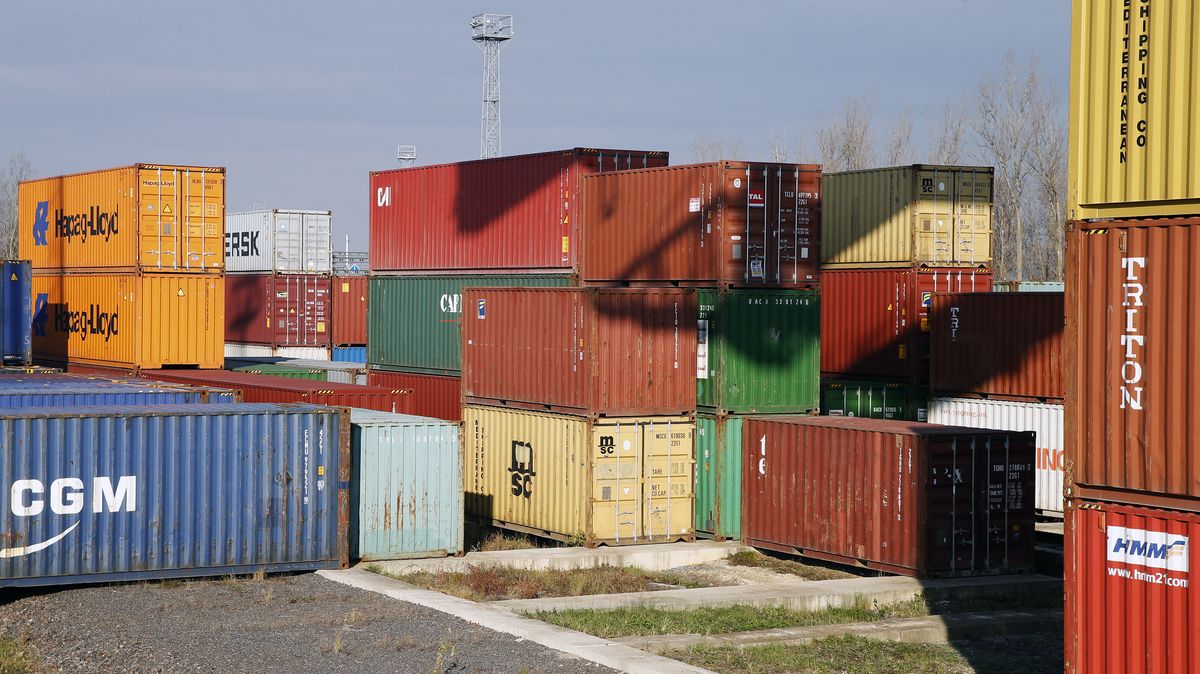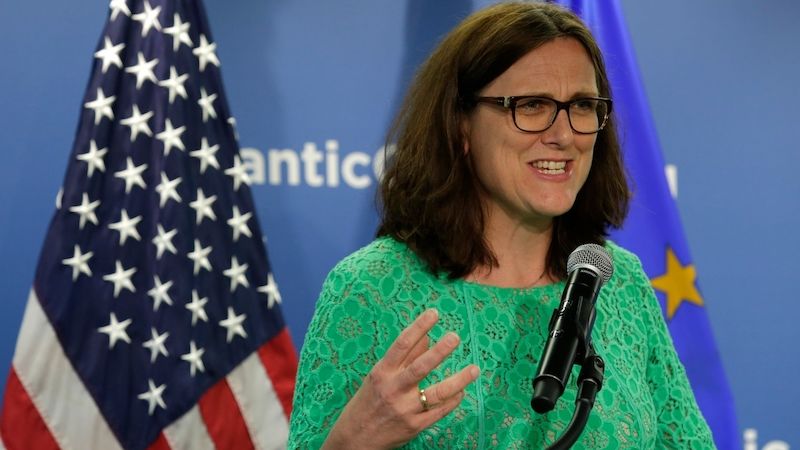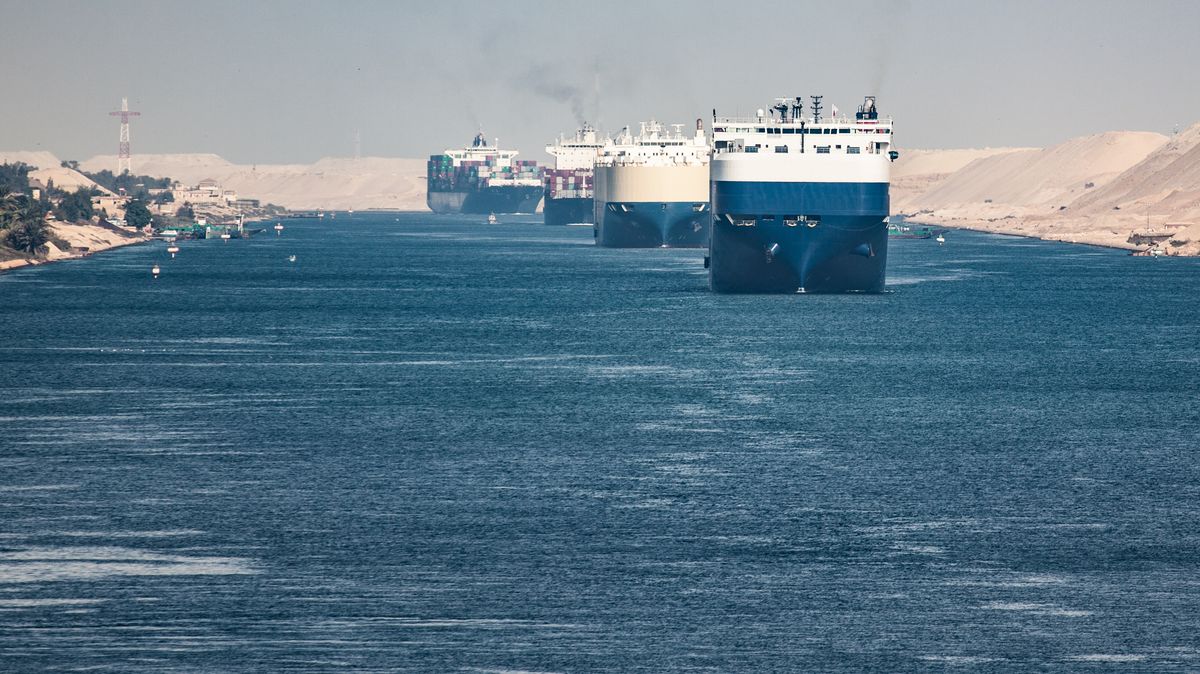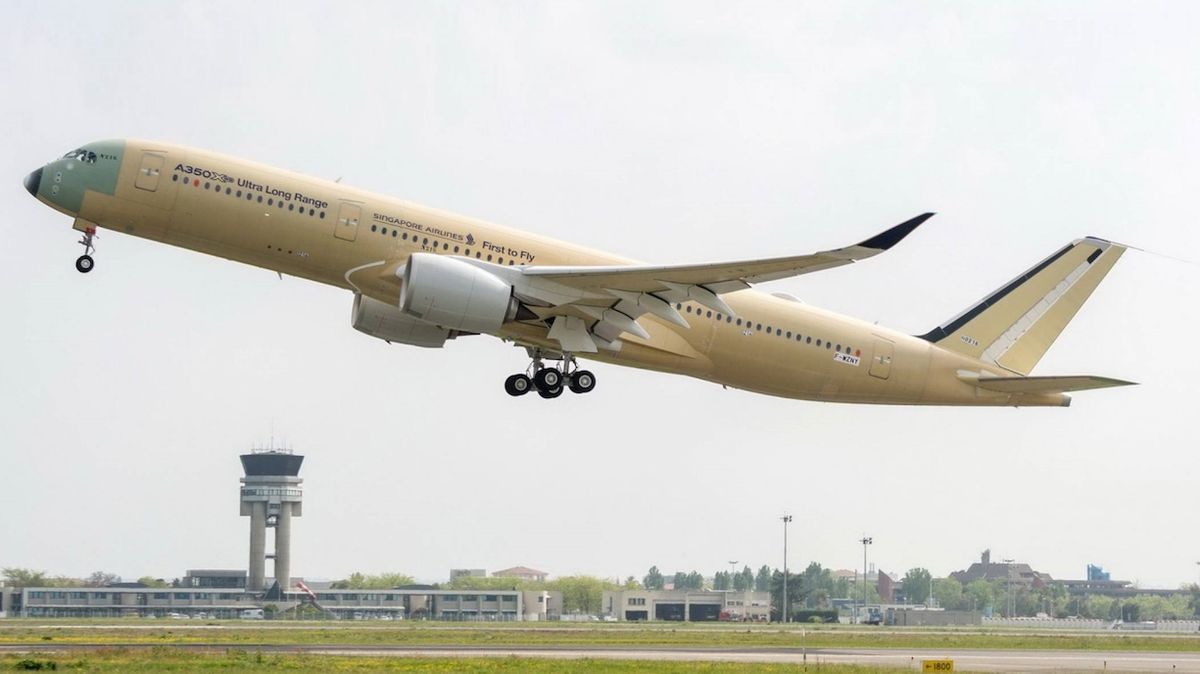It became abundantly clear that the sanctions, mocked by the Kremlin and described as ineffective by pro-Russian politicians here, were working.
Everything fell into place: the twenty-three-hour theater, namely the “lower house process expressing distrust of Petr Fiala’s government”, Saturday’s “Czech Republic in the first place” demonstration and Monday’s statement by Kremlin spokesman Dmitry Peskov. According to the British newspaper Financial Times, he stated that Russia was unable to supply gas via the Nord Stream 1 pipeline due to EU, UK and Canadian sanctions.
I quote: “The problem with pumping gas arises because of the sanctions Western countries have imposed on our country and on some companies,” Peskov said. “There is no other reason that could cause a gas delivery problem,” he added. Russia is said to therefore not fully restore gas supplies until sanctions are lifted.
Moscow’s tactics are very clear – either you will freeze in the winter, or you will lift the sanctions. During the parliamentary debate mentioned above, we heard that “the government is doing nothing” and the organizers of Wenceslas criticized both the high energy prices and the clear pro-Western stance of the Fial government. Understandably, they criticize anti-Russian sanctions, opposition to Putin and his criminal war. They asked for a short-term contract with Russia for cheap gas and oil supplies. They demanded surrender.
And let’s be a little more precise. The demand to lift sanctions has two clear and well-understood meanings. First: you stopped supporting Ukraine in its defense against Russia’s genocidal war. The second: stop making trouble for Putin at home, in Russia. The failure of his troops, combined with sanctions against the Russian rulers, complicates the position before the citizens and the troops of the state. Note that Putin has not used nuclear weapons. Why? He clearly suspected that the troops would not allow him to do so.
It is good to realize that Russian gas and oil used not only as an ordinary trading commodity, but for a long time as an instrument of power. Very Ruth Deyermond wrote it succinctly on Twitter last FridayBritish assistant professor in the Department of War Studies, King’s College London, expert on Russian foreign and security policy, US-Russian relations and European security.
He started the current discussion: “Many (normal) people (not analysts) seem to think that the coming winter will force the UK/EU to cut aid to Ukraine to restore its energy relations with Russia before February. That would be a serious mistake. that the government should start dealing with more clearly.”
Energy has been a powerful tool in Moscow politics for many years
He described an example where Russia used energy as a power tool even before February 2022, i.e. before the start of the war in Ukraine. But first, he explained, “EU-Russia relations are broadly cooperative and interdependent. The EU needs Russian gas; Russia needs EU cash. Both sides have a strong interest in maintaining stable energy relations, and their policies reflect this.” that. “
He later recalled that “energy relations with former Soviet neighbors are a completely different story. Since the 1990s, Russia has used this neighbor’s energy dependence as a coercive tool to force these countries to make concessions on security or foreign policy issues.” ” Provide examples.
In the 1990s, the Russian government used Ukraine’s huge gas debt to pay off most of the former Soviet Black Sea Fleet and its bases in Crimea. This then allowed Russia to occupy Crimea easily and without resistance. – So it turns out that Moscow is already acting in a very planned way, apparently planning to occupy the peninsula.
Ruth Deyermond describes how Moscow used a gas pipeline and a Russian-Georgian power line in 2006 to put pressure on Georgia at a time of deteriorating relations with the country. In 2007, the Kremlin cut off oil and coal supplies to Estonia. This happened after the Tallinn government removed the World War 2 Red Army monument. In 2021, Gazprom again raised gas prices to Moldova as they began to consolidate their independence.
The expert explained that “if Germany or Britain or any other Western country tried to limit its support to Ukraine as part of efforts to improve energy relations with Russia, Moscow would take it as a sign of weakness.” He regards democracy and civil society as weaknesses of Western countries, infects them with misinformation, and interferes in free elections.
Deyermond’s analysis concludes with a warning: “If public fears about energy costs pressure domestic governments to strike a deal with Russia that includes any concessions related to Ukraine, that would be a major victory for Russia in the war of genocide.” The Kremlin will confirm that Europe is weak, that it can be swayed. “This would be a disaster for European energy security.”
EU should get gas elsewhere
I will return to the work of the Czech parliamentary opposition and the pressure of Saturday’s demonstration on Wenceslas Square. One cannot help but see a very risky mix of two main problems. The first is citizens’ fear that they will not have electricity and gas, that they will be in debt, that the state will not do much for them. Fear is natural, justified and cannot be ignored. The government must act.
The second problem is the traditionally strong Russian influence in the Czech Republic and at the same time a kind of great dedication of the Czech people to the state, a heavy dependence on the state. That’s how Czechs were raised as Bolsheviks, it’s hard for anyone to deny.
Russian influence has a clear purpose: so that we don’t care that Russia is committing genocide in Ukraine, killing civilians, destroying the country, wanting to wipe it off the world map and take it for Russia. To take care of only ourselves, our heat, lights, stove and pool. To withdraw and cough on the EU. But then we will be vulnerable.
It is important to Moscow that the EU does not succeed, does not manage the gas shortage, and cleans it up. He can do this if he destroys the anti-Russian government wherever he can. That is why the speaker dedicated to Russia at Wenceslas Square on Saturday called for the immediate resignation of the Fial cabinet. Resignation not only solves the energy problem, it also worsens the situation. A change of government during the Czech presidency in the European Union would be disastrous, negotiations would not accelerate, but stop. This is not a defense of the Fial government’s wrongdoing, but a statement of fact.
Back to Russia’s warning that it will not fully restore gas supplies until anti-Russian sanctions are lifted. The Kremlin set conditions not to support Ukraine. Let him be slaughtered and annexed. It is becoming abundantly clear, without a doubt, that the sanctions that Putin and pro-Russian politicians are deriding as ineffective in our country are working. To be more precise, they began to violently attack Russia. And at the same time, we are witnessing a deliberate, tactical and unhurried Ukrainian military offensive.
Russia has a big problem in Ukraine, they can’t handle the invasion, which is why they are trying to break the support that President Zelensky enjoys in the West. It can be summed up in one word: they lost. It’s good to be aware of this fact, Putin hasn’t lost yet, but he lost and he knows it. Giving in to his pressure would be a huge mistake. The EU has to get gas elsewhere for all its countries. After all, our government must be clear, significantly help people who are falling into ruin due to unaffordable energy and inflation. Otherwise, Putin – non-freedom, anti-democracy, totalitarianism – will start winning again.
Ukrainian offensive: they can retake Kherson, but not the whole area now, says Kraus (DVTV video from August 31, 2022)
The chances of the Ukrainian army to conquer Kherson are quite large, according to available information, their offensive is going well. | Video: Michael Rozsypal

“Tv nerd. Passionate food specialist. Travel practitioner. Web guru. Hardcore zombieaholic. Unapologetic music fanatic.”

